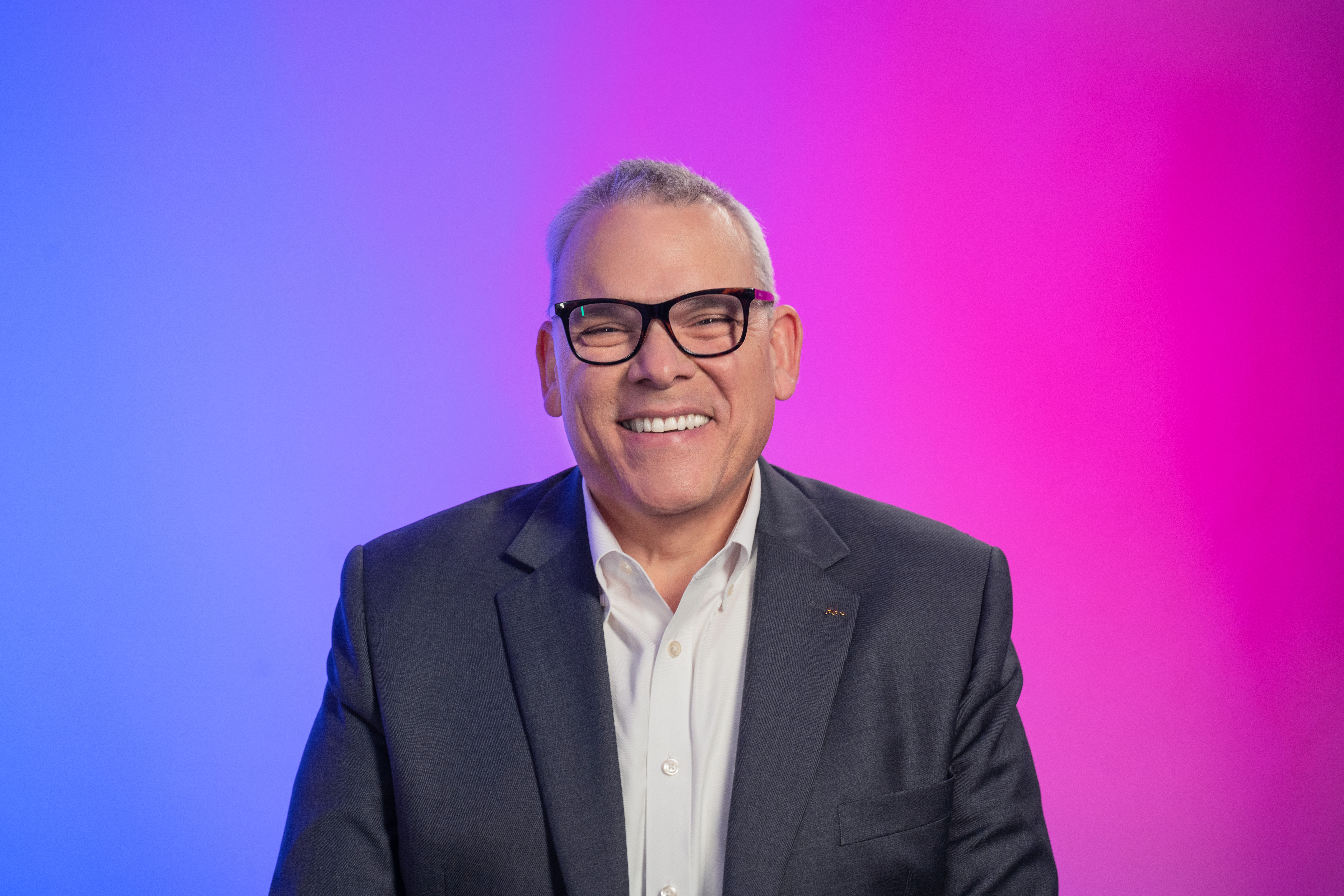January 31, 2025
Blog
Oncology
January 31, 2025
Blog
Oncology

José R. Borbolla-Escoboza
MD, Exec Medical Director
US Medical and Global RWE Strategy Lead, Oncology
For the first 16 years of my professional career as a hematologist/oncologist, I treated patients daily. After medical school, I chose this specialty because I always wanted to work with patients whose disease was not only scientifically very challenging, but also required a very human approach, as these are catastrophic diseases. When it comes to interacting with and treating people who are dealing with a cancer diagnosis (and their families), a greater degree of sensitivity is needed to help them face this difficult reality.
This conjunction of science and the very human part of medicine is what brought me to this specialty, and it is also what I believe sets Eisai Oncology apart. We are Science Driven. Human-Centric. This is what makes us unique, and what differentiates our approach to cancer care. For World Cancer Day, which falls each year on February 4, I am reflecting on my own journey to working in oncology.
The theme of World Cancer Day, “United By Unique,” brings me back to the early part of my career when I was seeing patients. In my opinion, there is no such thing as a cancer diagnosis – there is a person who is diagnosed with cancer and his or her family that also suffers and endures this diagnosis. Every single cancer journey is unique. Even if two people have the same diagnosis, each person will have different circumstances, which means the treatment approach should be differentiated and tailored to the individual.
Now that I work on the “pharmaceutical side of healthcare,” the same can be said for patient populations that we develop treatments for. We develop treatments in ways that can be tailored for that type of cancer, so that each person, no matter their diagnosis, can be managed uniquely. This is at the core of our human-centric approach to cancer research.
Eisai is guided by our human health care, or hhc, concept, which means we always give first thought to patients and their families in everything we do, from development to making sure our medicines reach the appropriate patients when they need them. The families, who often become caregivers following the diagnosis, are an important aspect of this concept, not only because of their caretaker role, but because often that is who the patients worry about.
By also keeping the families and caregivers in our focus, we are helping to relieve some of the patients’ anxieties around their condition. It is this focus on the patient as well as their support system that makes Eisai approach to oncology unique.
While I do miss working with patients directly from my time as a clinician, Eisai’s human-centric approach keeps them at the forefront of my mind each day. I am also privileged to interact with other physicians who allow me to have a better understanding of what their day-to-day looks like treating patients and what they need in order to better help those patients and their families. These insights add to our science-driven mindset as we work to develop the right treatments for the appropriate patients.
Although World Cancer Day is a specific day dedicated to recognizing people affected by cancer, at Eisai, we spend EVERY day thinking about how best to serve this community. I am humbled to play a role in Eisai’s relentless pursuit of a world without cancer, because transformative cancer solutions simply cannot wait.
US5194